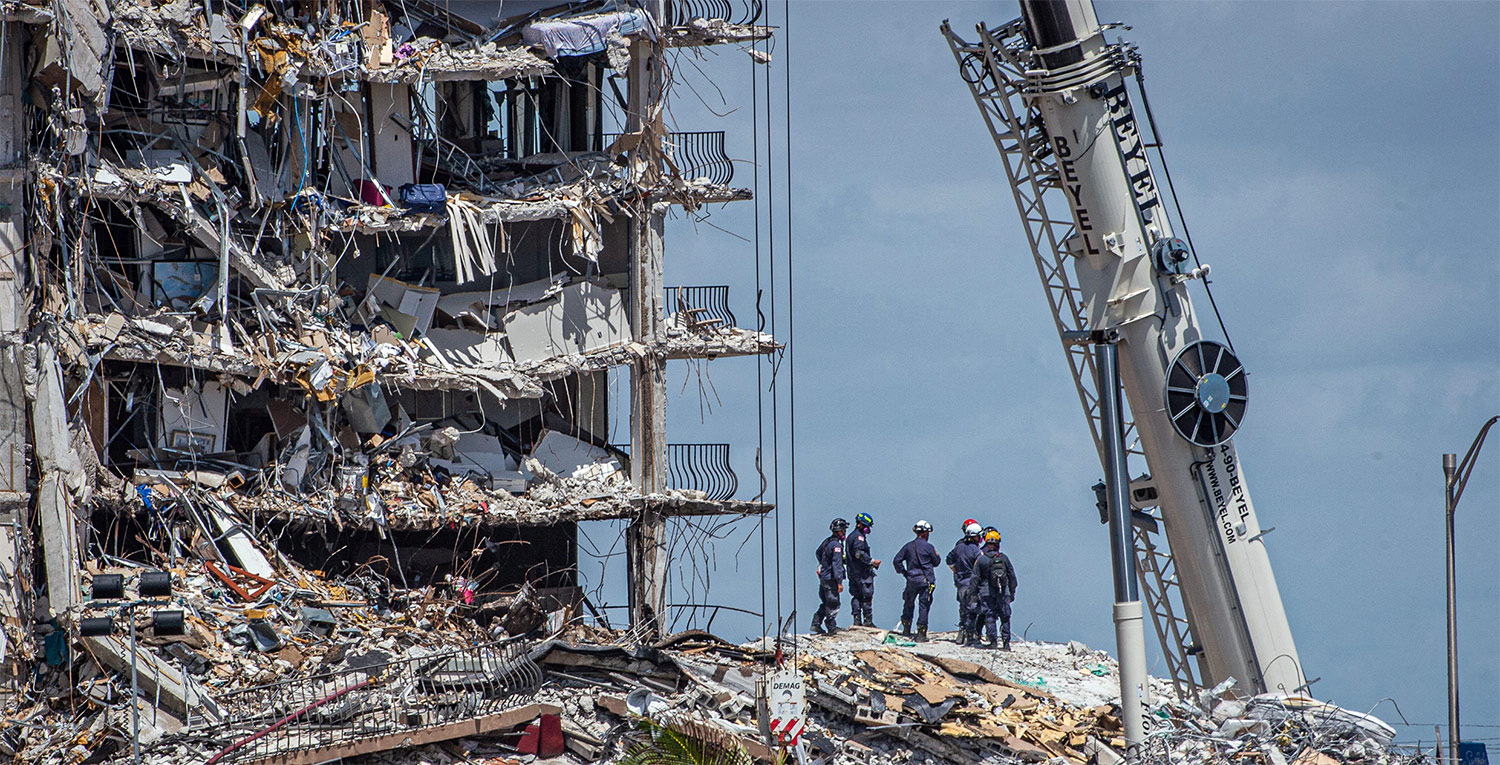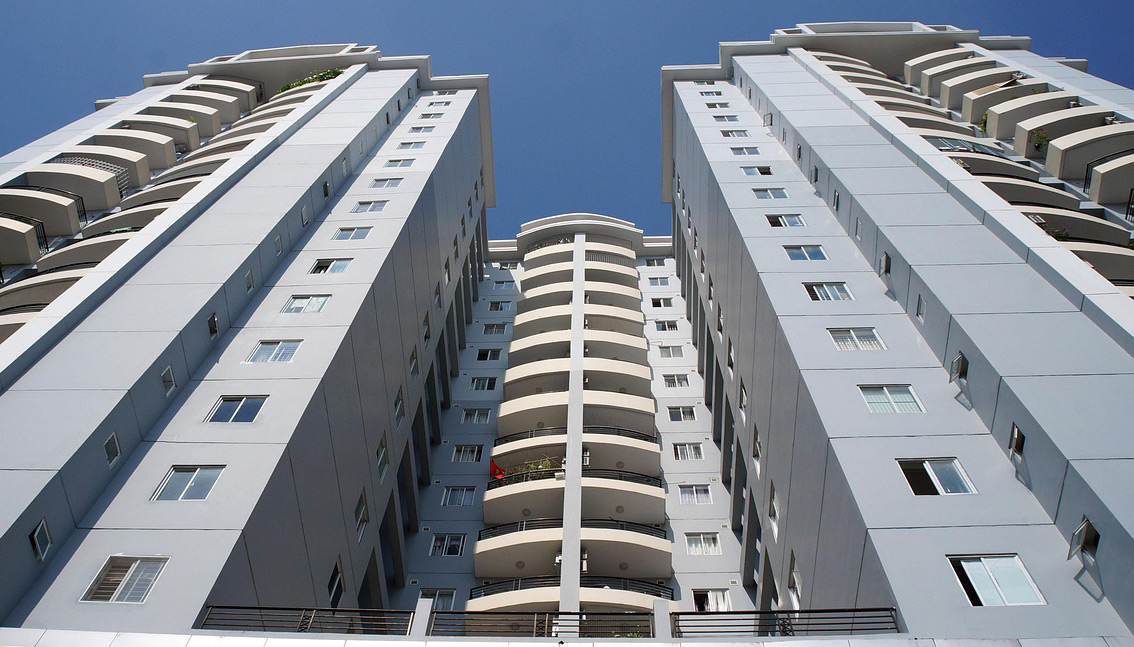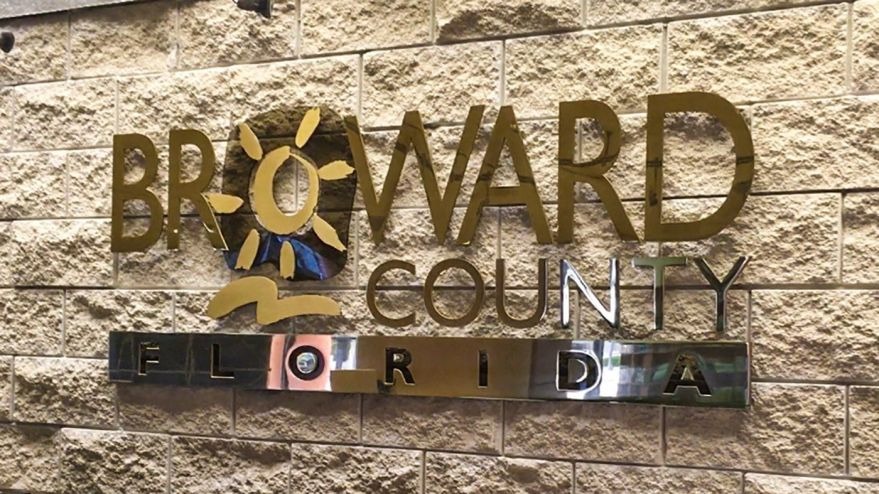
In this article: we explore the devastating financial impact of deferred maintenance, highlighting recent six-figure special assessments levied on Florida condo owners. We explain how the state’s mandatory Structural Integrity Reserve Study (SIRS) is designed to prevent these crises, detailing what the study includes, who must comply, and why the fast-approaching December 31, 2025, deadline makes immediate action essential for protecting property values and ensuring the long-term stability of your community.
In 2024, residents at The Cricket Club in North Miami received a gut-punch: special assessments as high as $134,000 per unit. At Mediterranean Village in Aventura, the numbers were even more alarming: some owners assessed up to $400,000.
These assessments weren’t caused by sudden structural failure. They were the predictable result of years of deferred maintenance, uncovered by the mandated inspections now required under Florida law.
New legislation (HB 913) is in effect for SIRS. Read about current SIRS law changes in our latest article covering what’s new and what you need to know.
The cost of delaying reserve planning for repairs
The financial burden fell squarely on homeowners, many of whom had no time to prepare. As a result, they experienced severe financial distress, threats of foreclosure, strained relationships with association boards, and even health issues brought on by stress.
The financial consequences also extended into the real estate market. Newsweek reports that in May 2025, the median sale price of a townhouse/condo in Florida was US $310,000, down 6.1 % year-over-year.
What a Structural Integrity Reserve Study is and why it matters to condo boards

Following the 2021 Surfside condo collapse, Florida passed Senate Bill 4-D and later HB 913, making Structural Integrity Reserve Studies (SIRS) a legal requirement for condominiums and cooperatives that are three stories or more in height.
These laws are designed not only to prevent the tragic consequences of structural instability but also to prevent exactly the kind of costly, last-minute assessments we’ve seen at The Cricket Club and Mediterranean Village.
By December 31, 2025, all applicable buildings must complete their first SIRS. This study must:
- Be conducted by a licensed architect or engineer
- Identify common structural components such as roofs, load-bearing walls, waterproofing, plumbing, and fire systems
- Estimate their remaining useful life and replacement costs
- Include a reserve funding plan covering at least the next 25 years
A reserve study isn’t just a regulatory requirement. It’s one of the most critical tools a condominium can use to protect both its structural safety and financial stability.
Here’s who can perfom one: A structural integrity reserve study, including the visual inspection portion of the structural integrity reserve study, must be performed or verified by an engineer licensed under chapter 471, an architect licensed under chapter 481, or a person certified as a reserve specialist or professional reserve analyst by the Community Associations Institute or the Association of Professional Reserve Analysts.
The Value of Proactive Reserve Planning
A well-prepared SIRS allows HOAs and Condo Boards to fund future repairs gradually and strategically, avoiding the turmoil of unplanned, emergency-level assessments. It also improves transparency for owners, strengthens legal compliance for board members, and supports long-term property values.
Looking ahead: SIRS deadline is December 31, 2025
With just a few months until the Florida’s SIRS deadline, condo associations and property managers must act decisively. The goal isn’t just to comply with the law, it’s to protect communities from financial shocks, safeguard residents’ investments, and strengthen the long-term viability of condominium living.
Why choose Building Mavens for your SIRS
When it comes to Structural Integrity Reserve Studies, Building Mavens offers much more than compliance. We deliver clarity, confidence, and continuity. Our licensed engineers and building experts bring extensive technical knowledge, decades of field experience, and a practical understanding of the unique challenges facing Florida condominiums.
Each SIRS is tailored to your property, combining structural assessments with clear financial forecasting and maintenance planning.
Clients have consistently commended us for our proactive, communication-driven approach, ensuring that every study is not only technically sound but clearly understood and actionable for boards and owners alike.
With Building Mavens, you gain a trusted partner committed to protecting your building’s safety, stability, and financial future.
FAQs: Structural Integrity Reserve Studies
Passed by the Florida Senate on May 25, 2022, the Building Safety bill primarily addresses mandatory structural inspections and reserves for condominiums and cooperatives with buildings 3 stories or more.
The goal of a healthy condo reserve fund is to ensure that the community has the financial resources to cover the costs of ongoing maintenance and repairs, which helps to protect property values and maintain the quality of life for residents.
Building Mavens recommends that a condo association should aim to have a reserve fund that is at least 70% funded of its total estimated reserve obligations. This means that the reserve fund should be able to cover 70% of the projected cost of all necessary repairs and replacements over the next 30 years.
A Structural Integrity Reserve Study (SIRS) is a study of the reserve funds required for future major repairs and replacement of the common elements based on a visual inspection. The study involves a visual check and estimates how long the roof, load-bearing walls, floors, foundation, fireproofing, fire protection systems, plumbing, and any other major item needing maintenance or replacement (costing over $10,000) can last. It will also estimate the cost to replace these elements. These inspections must be performed by an engineer licensed under chapter 471, an architect licensed under chapter 481, or a person certified as a reserve specialist or professional reserve analyst by the Community Associations Institute or the Association of Professional Reserve Analysts.
In South Florida, environmental factors like hurricanes and humidity can accelerate building wear and tear. A SIRS helps condo associations plan and budget for necessary repairs, enhancing building safety and value. Furthermore, SIRS are now required in Florida for all condominium and cooperative association buildings three stories or more in height. If your association existed before July 1, 2022, your first reserve study must be completed by December 31, 2024. Read more in our recent dedicated SIRS article.
Condominium and cooperative associations must complete a structural integrity reserve study every 10 years for each building in an association that is three stories or higher in height. Florida legislation mandates that condo associations in existence on or before July 1, 2022, complete their initial SIRS by the end of 2024. Subsequent SIRS studies must be conducted every 10 years.
A SIRS evaluation examines critical aspects including (but not limited to):
- The roof.
- The structure itself, such as load-bearing walls and main structural elements, according to the definition in s. 627.706.
- Fireproofing and fire protection systems.
- Plumbing
- Electrical systems.
- Waterproofing and exterior painting.
- Windows and exterior doors.
It also covers any other component that might need more than $10,000 in maintenance or replacement, especially if neglecting it could impact the above areas. This evaluation is based on a visual inspection to help plan for future maintenance and replacements.
By forecasting future repair and replacement costs, a SIRS allows for proactive budgeting and can prevent costly emergency repairs and complications, ensuring a more stable and predictable financial planning process.
A structural integrity reserve study may be performed by any person qualified to perform such study. However, the visual inspection portion of the structural integrity reserve study must be performed or verified by an engineer licensed under chapter 471, an architect licensed under chapter 481, or a person certified as a reserve specialist or professional reserve analyst by the Community Associations Institute or the Association of Professional Reserve Analysts.
The outcome of a structural integrity reserve study is a comprehensive report that includes:
- Identification of each visually inspected item within the condominium property.
- Estimates of the remaining useful life and the replacement cost or deferred maintenance expense for each inspected item.
- A reserve funding schedule proposing an annual reserve amount designed to cover the replacement cost or deferred maintenance expense of each item by the end of its estimated remaining useful life.
Additionally, the study might suggest that no reserves are necessary for items whose useful life and replacement costs cannot be estimated, or it may propose a deferred maintenance expense for these items. For items with an estimated remaining useful life of more than 25 years, the study might recommend not maintaining reserves for replacement costs but could suggest a deferred maintenance expense amount. Learn more in the official statute.
The cost associated with your Structural Integrity Reserve Study can vary widely depending on several factors:
- Size and Complexity of the Property: Larger buildings or complexes with multiple units and facilities may require more extensive evaluations, leading to higher costs.
- Location: Geographic location within Florida can affect costs due to variations in market rates for professional engineering services.
- Scope of the Study: The detailed and depth of the requested analysis will influence the final cost.
- Special Requirements: The need for specialized inspections or assessments, such as those for historic buildings, buildings with unique architectural features, or buildings requiring specialized equipment (e.g., drone inspections), can add to the cost.
Absolutely. By helping property owners, managers, and community associations properly plan their reserve funding, they can be prepared for repairs and replacements in advance and get them in place before serious problems occur. These are especially important for community associations and cooperatives that are responsible for maintenance and repair of common areas and shared amenities. The lack of reserve funds directly contributed to the storied and tragic Surfside collapse.
Under past laws and regulations, Florida condo associations could vote to waive their reserve contributions. In the years since the tragic Surfside condominium collapse, state and local governments have recognized this as a major oversight and have taken proactive steps to enhance building safety legislation significantly. Starting on December 31, 2024, associations may no longer waive their reserve contributions, and maintaining reserves is mandatory for all condominium and cooperative association buildings that are three stories or taller. Read more in our SIRS coverage here.
Yes, with some caveats. For budgets adopted on or after December 31, 2024, for associations required to obtain a structural integrity reserve study, the members can no longer vote to provide no reserves or less reserves for items listed in the study unless the division has approved an alternative funding method. While there’s some flexibility, certain reserves identified as critical in the structural integrity reserve study must be adequately funded according to the study’s recommendations.
These include:
a. Roof.
b. Structure, including load-bearing walls and other primary structural members and primary structural systems as those terms are defined in s. 627.706.
c. Fireproofing and fire protection systems.
d. Plumbing.
e. Electrical systems.
f. Waterproofing and exterior painting.
g. Windows and exterior doors.
h. Any other item that has a deferred maintenance expense or replacement cost that exceeds $10,000 and the failure to replace or maintain such item negatively affects the items listed in sub-subparagraphs a.-g., as determined by the visual inspection portion of the structural integrity reserve study.
Yes, structural integrity reserve studies are mandatory in the state of Florida (s 718.112). Furthermore, failure to obtain a Structural Integrity Reserve Study is a breach of the officers’ and directors’ fiduciary relationship to the unit owners and may lead to personal liability. See our full article on SB 154 for relevant dates and details.
Reserves are funded as part of the annual budget, including accounts for capital expenditures and deferred maintenance for items like roof replacement, building painting, and pavement resurfacing, among others exceeding $10,000 in deferred maintenance expenses or replacement costs. The funding amount is calculated based on the estimated remaining useful life and estimated replacement cost or deferred maintenance expense of each reserve item. For associations required to conduct a structural integrity reserve study, the reserve amount must be based on the study’s findings and recommendations. Additionally, associations can adjust reserve assessments annually to reflect inflation adjustments and any changes in estimates or extensions of the useful life of a reserve item due to deferred maintenance. This structured approach aims to ensure that funds are available for significant repairs and replacements, contributing to the property’s long-term maintenance and value preservation. Read more in section (f) of the s 718.112.
To schedule a structural integrity reserve study, please contact us via our website or by phone. We’ll discuss your specific needs and arrange for an inspection at a time that works best for you.
The deadline for associations to complete their initial SIRS has been extended from December 31, 2024, to December 31, 2025.
Yes, similar to Milestone Inspections, the requirement for a SIRS now applies to condominium and cooperative buildings that are three “habitable” stories or more in height.
The new law requires that the SIRS report include a “baseline” funding plan. This plan needs to demonstrate how the association will ensure its reserve cash balance for the SIRS components stays above zero throughout the funding period.
Yes, HB 913 allows an association that has completed a required Milestone Inspection to delay conducting its SIRS for up to two consecutive budget years following the milestone inspection. This is to help prioritize funding for repairs identified by the Milestone Inspection. However, if reserve contributions are paused or reduced for this reason, a new SIRS must be done before resuming regular reserve funding.
Yes. Similar to Milestone Inspections, design professionals (like architects and engineers) and licensed contractors who bid on performing a SIRS must now disclose in writing if they also intend to bid on any repair work related to that study. This aims to ensure transparency and avoid potential bias.
HB 913 clarifies that unit-owner-controlled associations required to have a SIRS can fund their reserves through special assessments, a line of credit, or a loan, provided it’s approved by a majority of the total voting interests of the association.
About the Author

Scott’s background is extensive, covering both public and private projects. He’s highly skilled in structural engineering design, construction oversight, and forensic analysis. This includes investigating structural failures, construction defects, and code compliance – all critical to maintaining safety and adhering to building codes. Beyond his investigative work, Scott is also an accomplished design engineer, contributing to various architectural elements from building envelope systems to designs for a wide range of structures. From the initial concept to the final inspection, Scott is dedicated to providing innovative and compliant engineering solutions.
You can contact me directly for more information: info@buildingmavens.com.






